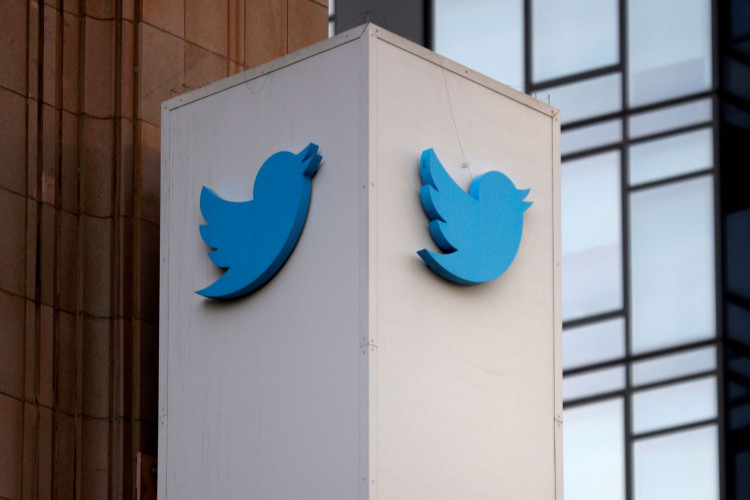Twitter is selling its mobile ad platform MoPub to mobile games and marketing software developer AppLovin for $1.05 billion in cash. Twitter acquired MoPub in 2013 for $350 million.
Last year, Twitter reported that MoPub had brought in around $188 million in revenue. MoPub essentially provides mobile app publishers and developers with intuitive and advanced monetizing solutions. The company runs a unified auction across a network of bidders, demand-side platforms, and its own marketplace enabling developers to easily monetize their mobile apps.
MoPub's new owner, AppLovin, is a mobile video game developer with more than 200 free-to-play mobile games in its portfolio. The company, which went public in April, developed popular free-to-play games such as "Word Connect," "Bingo Story," and "Slap Kings."
Twitter CEO Jack Dorsey said Thursday that the sale of MoPub is part of the company's strategy to increase its focus and ability to invest in its core products. He added that the divestment will help position Twitter for long-term growth by focusing more on advertisements on its own app and website. The company previously said that it plans to double its annual revenue by 2023 to around $7.5 billion.
Twitter CFO Ned Segal echoed the sentiments and said that the sale will help the company "refocus" on new advertising opportunities amid a flurry of new product development. Segal said the injection of new capital will largely be used to develop its own operating products as opposed to absorbing existing companies.
Despite Segal's statements, Twitter has been embarking on an acquisition spree that is in line with its goal of focusing on its core business. This includes the acquisition of ad-free reading tool Scroll, podcast app Breaker, and newsletter platform Revue.
Over the past few months, Twitter has explored new revenue stream opportunities that take advantage of the growing creator economy. This includes the launch of built-in features such as Ticketed Spaces, and Super Follows.
Twitter also recently launched a new Clubhouse-like audio room service and a new interest-based community feature. The company has also been experimenting with new features that are being designed to make its platform less toxic. All of the new features are meant to prepare the company for the eventual launch of its paid monthly subscription services called Twitter Blue.






